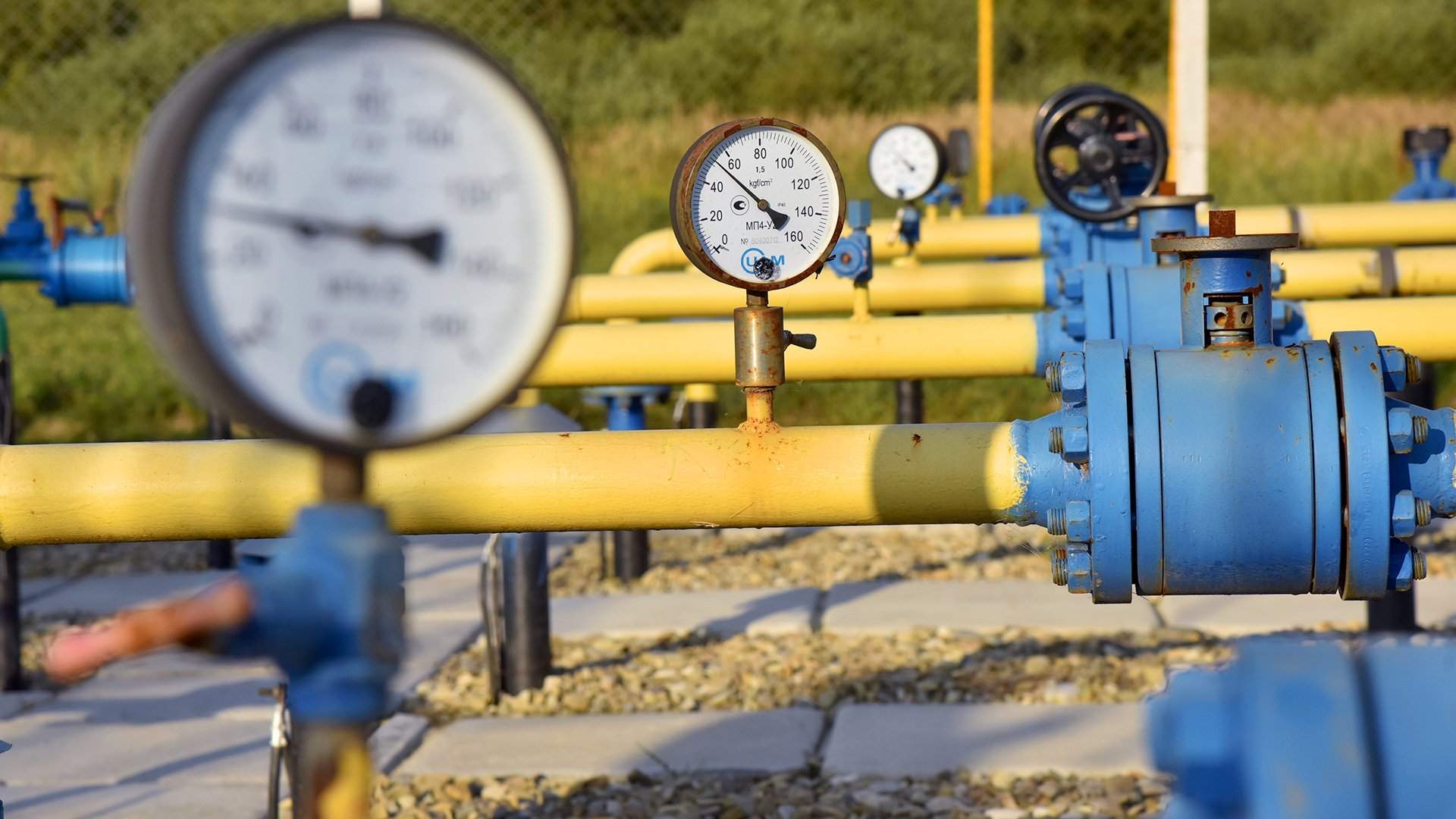
Gas prices in Europe are now determined in Asia
By Rhod Mackenzie
The supply of gas via pipelines to Europe from Russia for many years was consistent andstable in both pricing and the volumes. However, after the significant decision to halt the supply of Russian pipeline gas to the European the supply and price situation has worsened considerably. Europe may even experience echoes of the current incident at the LNG terminal on the Australian Curtis Island, which previously would not have had any impact on them.
Europe's growing reliance on LNG, which has supplanted a significant portion of the Russian pipeline gas supply, renders it more susceptible to global supply and demand shocks. A work stoppage at an Australian LNG export terminal, a blaze at a US export plant, or a cold snap in either Japan or China would have an instant impact on the benchmark natural gas prices in Europe, as has been the case over the last few months.
Europe should have no trouble obtaining LNG supplies, but analyst John Kemp informs Reuters that other countries "will increasingly determine the gas price". These countries include Australia, Japan, China, and the United States, with Nigeria potentially playing a role as well.
This dependence was exemplified when the LNG tanker Cesi Qingdao lost power at its berth on Curtis Island just off the coast of Australia, according to Bloomberg. And as the terminal can only accommodate one vessel at a time, until the issue is resolved, no gas carriers will be able to load there.
In November, demand for LNG increased in both European and Asian markets compared to the previous, warmer month. Despite worsening weather and higher consumption, the gas market in Europe has frozen and prices remain static, ranging between $14.2-16.4 per 1 million British thermal units (MBTU), as reported by Finmir marketplace financial analyst Pavel Sokol. Last week cold temperatures replaced the unusually warm ones which were above the statistical average for autumn and caused a delay in the seasonal increase of both electricity and gas consumption.
Notably, the analyst observed the statement of Russian Deputy Prime Minister Alexander Novak, stating that the roadmap for creating a gas hub in Turkey is currently being agreed upon and a specific agreement on the practical implementation of the project can be reached shortly.
Meanwhile, a deal has been struck between Nigeria and Germany to export liquefied natural gas to Germany from 2026, providing up to 1.2 million tonnes per year. It should be noted that Nigeria possesses the largest gas reserves in Africa.
Furthermore, the announcement of Japan, the largest global importer of LNG, creating the world's inaugural strategic LNG reserve is noteworthy.
Gazprom commends this news and celebrates having achieved a new record for daily gas supplies to China via the Power of Siberia gas pipeline, exporting 15.5 billion cubic metres of gas in 2022. Russian gas supplies to China are expected to reach 22 billion cubic metres in 2023, with the gas pipeline projected to reach its design capacity of 38 billion cubic metres in 2025.
According to Reuters, China anticipates record demand for electricity this winter. Pavel Sokol notes that gas trading closed at $14.74 per 1 million British thermal units (MBTU) on the ICE exchange in Europe on Friday.
Gas prices in Europe sit above $500 per 1 thousand cubic meters, states Ekaterina Krylova, managing analyst of the PSB Analytics and Expertise Centre. Meanwhile, storage facilities approach full capacity, receiving regular supplies from the USA and Norway. However, the absence of Russian gas harms Europe, causing them to substitute lost volumes with costly LNG, and they have to compete with Asia for it.
"The gas consumption scheme in Europe, which reduces consumption by 15%, has been extended until the end of the heating season. The upcoming weather and speed of withdrawal from storage will influence the situation of gas prices. However, in the event of bad weather, gas prices are unlikely to surpass £600-£700 per thousand cubic metres, taking into consideration current reserve levels," confirms Ekaterina Krylova.
As highlighted by BCS World of Investments' stock market analyst, Igor Galaktionov, EU gas prices slightly went up last week but still stayed within the previous trading limits. The gas supply disruption risks caused by tensions in the Middle East continue to sustain the quotations, although the current mild weather conditions and large amounts of European underground gas storage reserves counterbalance them.
"Current LNG supplies remain stable, which fails to present a convincing argument for expansion. Presumably, near-term gas futures at the TTF hub will quote between 40-50 euros per MWh this week," predicts the analyst.
